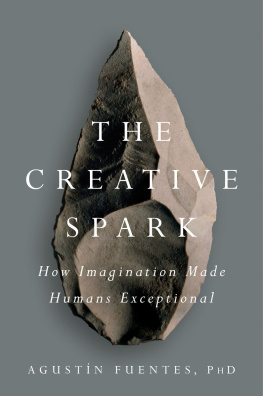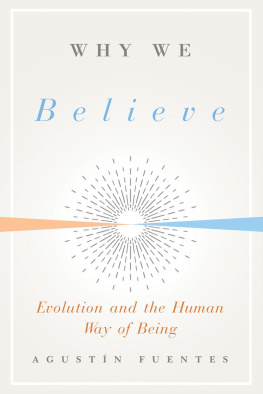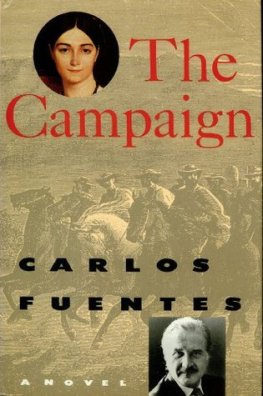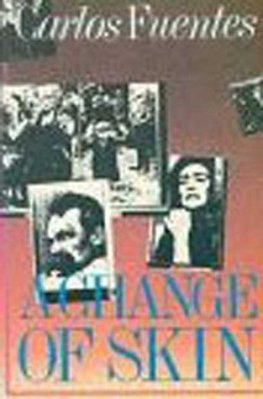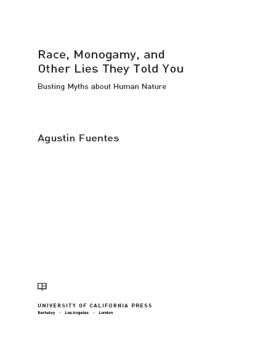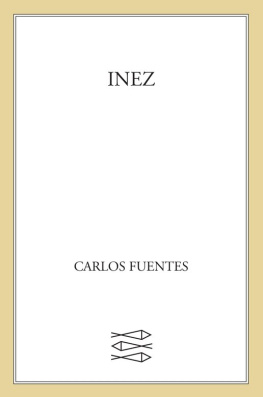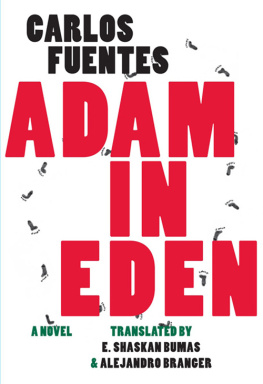Agustín Fuentes - Conversations on Human Nature
Here you can read online Agustín Fuentes - Conversations on Human Nature full text of the book (entire story) in english for free. Download pdf and epub, get meaning, cover and reviews about this ebook. year: 2016, publisher: Routledge, genre: Romance novel. Description of the work, (preface) as well as reviews are available. Best literature library LitArk.com created for fans of good reading and offers a wide selection of genres:
Romance novel
Science fiction
Adventure
Detective
Science
History
Home and family
Prose
Art
Politics
Computer
Non-fiction
Religion
Business
Children
Humor
Choose a favorite category and find really read worthwhile books. Enjoy immersion in the world of imagination, feel the emotions of the characters or learn something new for yourself, make an fascinating discovery.

- Book:Conversations on Human Nature
- Author:
- Publisher:Routledge
- Genre:
- Year:2016
- Rating:5 / 5
- Favourites:Add to favourites
- Your mark:
- 100
- 1
- 2
- 3
- 4
- 5
Conversations on Human Nature: summary, description and annotation
We offer to read an annotation, description, summary or preface (depends on what the author of the book "Conversations on Human Nature" wrote himself). If you haven't found the necessary information about the book — write in the comments, we will try to find it.
Conversations on Human Nature — read online for free the complete book (whole text) full work
Below is the text of the book, divided by pages. System saving the place of the last page read, allows you to conveniently read the book "Conversations on Human Nature" online for free, without having to search again every time where you left off. Put a bookmark, and you can go to the page where you finished reading at any time.
Font size:
Interval:
Bookmark:


2 Park Square, Milton Park, Abingdon, Oxon OX14 4RN
711 Third Avenue, New York, NY 10017, USA
Product or corporate names may be trademarks or registered trademarks, and are used only for identification and explanation without intent to infringe.
Names: Fuentes, Agustin, author. | Visala, Aku, author.
Title: Conversations on human nature / Agustin Fuentes and Aku Visala.
Description: Walnut Creek, California: Left Coast Press, Inc., [2015] |
Includes bibliographical references.
Identifiers: LCCN 2015024039| ISBN 9781629582269 (hardback: alk. paper) |
ISBN 9781629582276 (pbk.: alk. paper) | ISBN 9781629582290 (consumer
ebook)
Subjects: LCSH: Philosophical anthropology. | Human beings. |
Scholars--Interviews.
Classification: LCC BD450 .F79455 2015 | DDC 128--dc23
LC record available at http://lccn.loc.gov/2015024039
ISBN 978-1-62958-227-6 paperback
Human Nature A Contested Concept
Placed on this isthmus of a middle state,
A being darkly wise, and rudely great:
With too much knowledge for the Skeptic side
With too much weakness for the Stoic's pride,
He hangs between; in doubt to act, or rest.
In doubt to deem himself a god, or beast;
In doubt his mind or body to prefer,
Born to die, and reasoning but to err;
Alike in ignorance, his reason such,
Whether he thinks too little, or too much:
Chaos of thought and passion, all confused;
Still by himself abused, or disabused;
Created half to rise, and half to fall;
Great lord of things, yet a prey to all;
Sole judge of truth, in endless error hurled;
The glory, jest, and riddle of the world!
Font size:
Interval:
Bookmark:
Similar books «Conversations on Human Nature»
Look at similar books to Conversations on Human Nature. We have selected literature similar in name and meaning in the hope of providing readers with more options to find new, interesting, not yet read works.
Discussion, reviews of the book Conversations on Human Nature and just readers' own opinions. Leave your comments, write what you think about the work, its meaning or the main characters. Specify what exactly you liked and what you didn't like, and why you think so.

